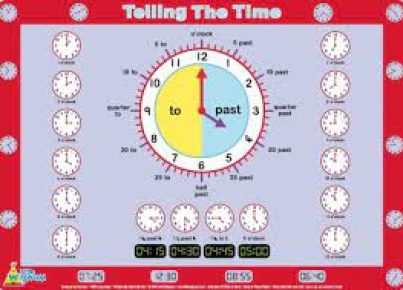Education, by nature, is a continuously evolving process that seeks to adapt to the changing needs of learners and the world around them. One of the current discussions within the education community revolves around test retakes – should teachers allow students to retake exams they’ve performed poorly on?
Proponents of test retakes argue that these second chances offer psychological, educational, and practical benefits for both students and teachers. On the other hand, opponents argue that test retakes may encourage procrastination and reduce motivation among students. This article will delve into both sides of the argument to shed light on this important educational concern.
The Benefits of Test Retakes
1. Encouraging a Growth Mindset – Allowing students to retake tests sends a message that learning is a process, not defined by any single moment. A student who performs poorly on a first attempt can learn from their mistakes, study harder and improve their score during the retake.
2. Improved Test Anxiety Management – Test anxiety is a common stumbling block for many students. Having the option of a test retake can ease some anxiety for these students, knowing that one bad day doesn’t doom them to failure.
3. Greater Understanding of Material – When students are given a chance to better understand and reinforce material through test retakes, it increases their long-term retention and overall understanding of the subject.
4. Building Positive Teacher-Student Relationships – Offering test retakes can foster an environment where teachers are seen as facilitators and allies in the learning process.
Challenges Associated with Test Retakes
1. Promotes Procrastination – Students who know they have fallback options might put off studying for an initial exam, relying on retakes as a safety net.
2. Unfair Advantages – Students who genuinely struggle with course content might find it unfair if fellow classmates receive multiple chances when they only needed one attempt due to diligent preparation.
3. Time Constraints – Retakes require additional time and resources on the part of both teachers and students. Teachers need to create new test versions, grade, and manage the retake process, while students need to dedicate extra time for studying and retaking exams.
4. Reducing Intrinsic Motivation – When students are given multiple opportunities to retake tests, it might reduce their motivation to learn independently without relying on second chances.
In conclusion, test retakes have both merits and drawbacks that impact teaching methods, the quality of education students receive, and their overall motivation for learning. There isn’t a one-size-fits-all solution, as each school, teacher, and student might experience these issues differently. It’s important for educators to consider their own context, teaching style, and student population when determining whether test retakes are appropriate for their classrooms.





